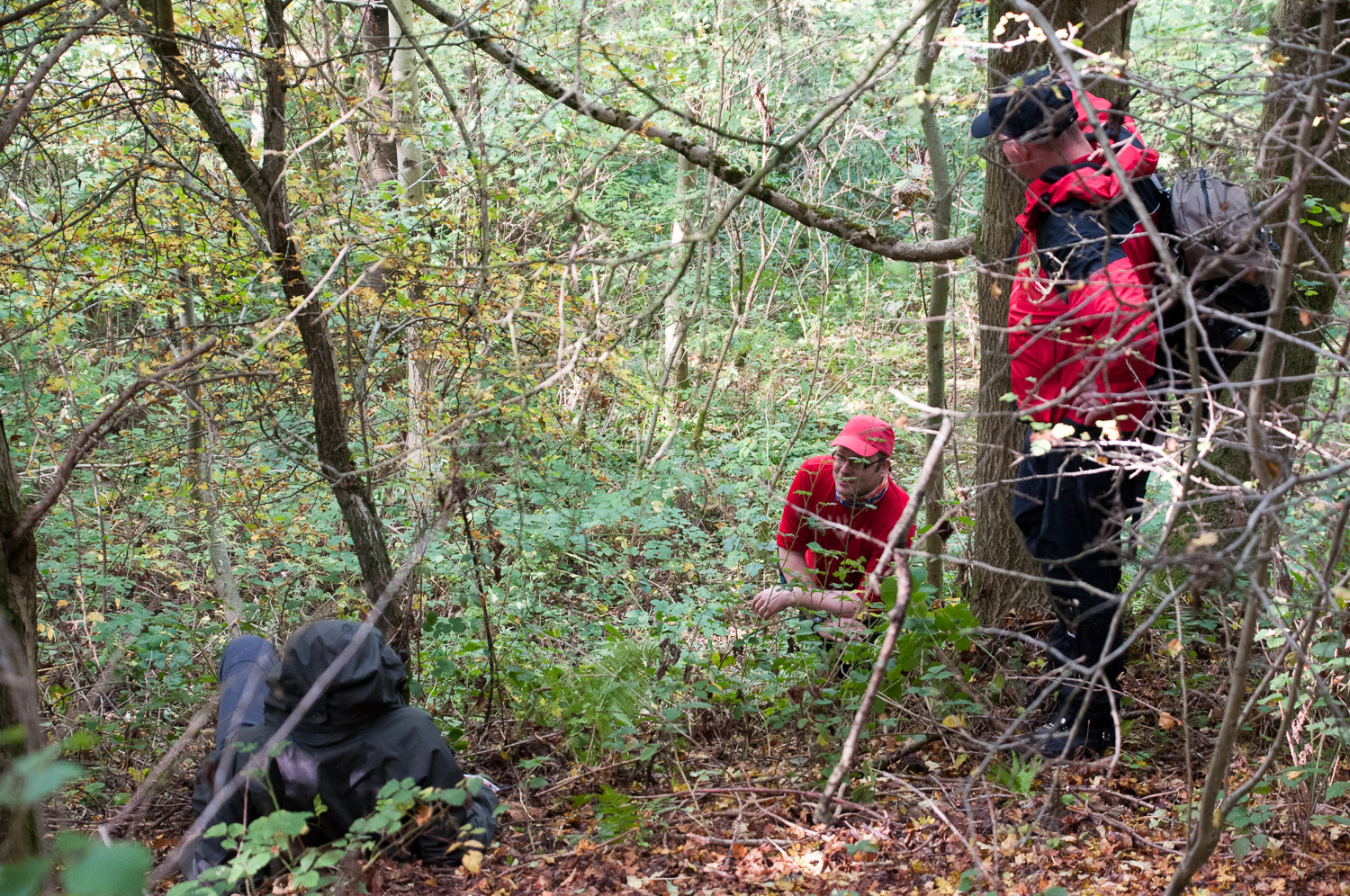
Search and Rescue teams are called out by the emergency services when someone is in dire need of specialist help. More often than not for us that need is related to a mental health condition of some sort of dementia, suicidal or self-harm intentions, learning difficulties - meaning that the person is at much higher risk than normal.
But that leaves us with a duty of care to that person which extends beyond the mere searching for, and bringing to safety. We also have a duty to offer them continued protection by not giving any information which might link their name to a medical condition or the reason we searched for them.
It's for that reason that we have a policy not to talk about any case where we are involved with an individual. We can talk freely about our work with floods, physical injuries, and we can share Police appeals for missing persons... but the majority of our work is dealing with vulnerable individuals, and you'll not hear us talk about that. Which gives us a bit of an interesting situation. If we're completely honest, in rescue teams, callouts equate directly to spontaneous donations (That's why Mountain Rescue teams often post details of injured walkers).
If people see we're doing something in the community it can drive them to donate, which helps us keep going. So being able to talk about what we're doing is important for us - it engages our social media followers and the public - and we often see a little spike in donations when we're mentioned in the press or by the Police. And that's why we try to balance the "Sorry, but we can't talk about it..." position with one of "CALLOUT!" announcements that are very often not followed up by any more information. It can be frustrating for the public, our members and the press, and considered a bit of a tease on our behalf; but that's the rules we work by - the vulnerable person comes first, the charity second.
